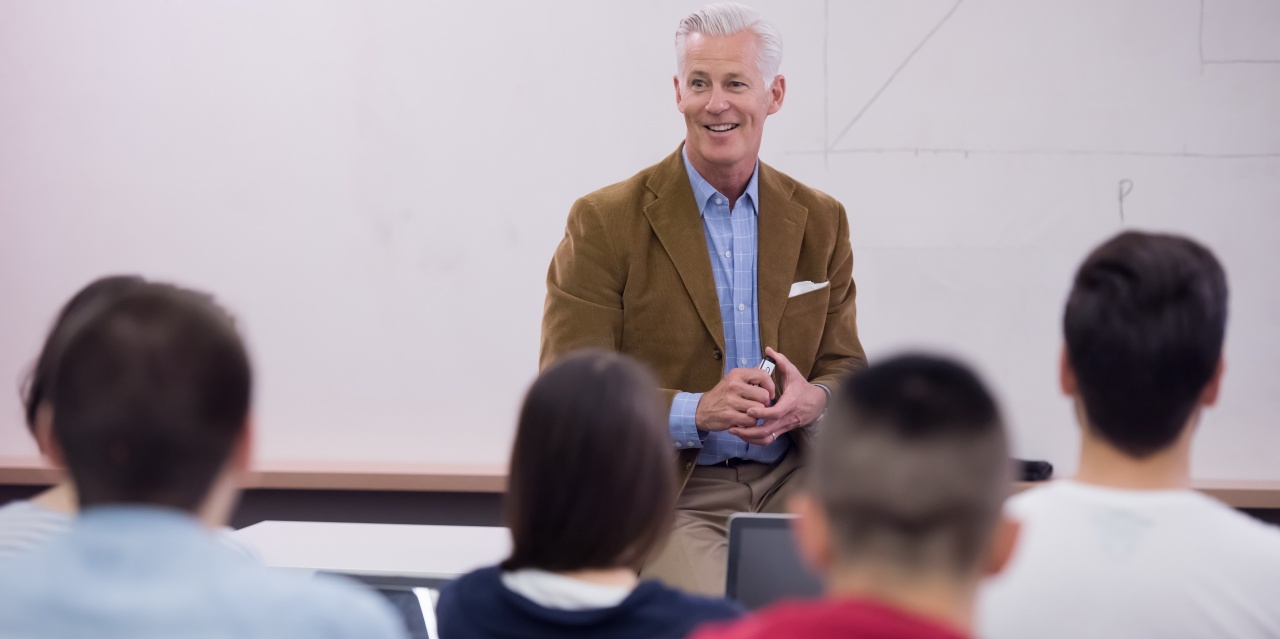A new survey just out that studied academic freedom on university campuses in the United States, Great Britain and Canada revealed that conservative professors and doctoral candidates have good reason to keep their heads down and their scholarly work on the politically correct side of issues. That’s obviously a concern for the future of conservative faculty, but it should also serve as a warning sign for the future of students on campus who hold conservative and/or biblical views.
The study, entitled Academic Freedom in Crisis: Punishment, Political Discrimination, and Self-Censorship is the work of Eric Kaufmann from the Center for the Study of Partisanship and Ideology. In the words of the study’s author, “This study is the first of its kind to investigate authoritarianism and political discrimination in academia, relying on survey responses from both the perpetrators and targets of discrimination.”
The first thing the study does is confirm what we’ve been hearing for some time. Progressives outnumber conservatives in academia by a wide margin, particularly in the social sciences and humanities (SSH) disciplines. “The origins of academia’s left orientation lie partly in recruitment,” the report states. “Historic data show that SSH fields have shifted from approximately two leftists for every conservative in the 1960s to a ratio of approximately 10 to 1 today–slightly more in top U.S. and Canadian universities and a bit less in the UK.”
In most workplaces where employees more or less balance out between Left and Right, the biases and impulses toward authoritarian control cancel each other out, according to Kaufmann. However, where there is a gross imbalance in ideology, as exists in academia, the authoritarian impulses emerge.
Kaufman studied both “hard” and “soft” authoritarianism in the study, and concludes that there is very little hard authoritarianism, which he defines as something as blatant as firing a professor whose views don’t fit an accepted narrative. But there are disturbing trends.
For example, according to the survey, only 1 in 10 academics supports firing controversial professors. However, “Younger academics and Ph.D. students, especially in the United States, are significantly more willing than older academics to support dismissing controversial scholars from their posts, indicating that the problem of progressive authoritarianism is likely to get worse in the coming years,” Kaufmann says.
Short of being dismissed from their position, conservatives fear other forms of cancellation – what Kaufmann calls soft authoritarianism. For example, over a third of conservative academics and Ph.D. students in the United States say they have been threatened with disciplinary action for their beliefs.
The atmosphere breeds distrust on both ends of the academic spectrum.
In the social sciences and humanities, 9 out of 10 Trump-supporting professors and Ph.D. candidates say they would be uncomfortable in expressing their views to a colleague. On the other side of the ideological aisle, over 4 in 10 U.S. and Canadian academics would not hire a Trump supporter, and 57% would feel uncomfortable even sitting next to a Trump supporter at lunch.
Is it any surprise, then, that the survey reveals that more than half of North American and British conservative academics admit self-censoring in research and teaching?
It’s tough to work under those conditions, and it’s only convincing potential conservative academics to look elsewhere, career-wise.
“A hostile climate plays a part in deterring conservative graduate students from pursuing careers in academia,” the report states. “Conservative and liberal graduate students differ far more in their perceptions of whether their politics fit academia than they do on questions related to how well academia pays, the isolating nature of the work, and other aspects of the profession.”
Since the problem simply compounds itself over time, is there any way to reverse the deteriorating climate on campuses? Kaufman notes that in Britain, the government has gotten involved in policing and guaranteeing academic freedom, while that has not caught on in the U.S. or Canada to any large extent.
And what does this survey and its results reveal for the future of America’s public college students, who often must sit under progressive professors and deal with worldviews that are predominantly skewed to the Left? We’ve already seen problems on campuses across the county where conservative speech is censored or shunted off to “speech zones,” and where Christian clubs have trouble even gaining official recognition because of the hostility to their message and worldview?
Until academia comes to grip and deals with the hard and soft authoritarianism among faculty, conservative students, including Christians, will continue to find public universities a difficult place to thrive.
Photo is from Shutterstock.






